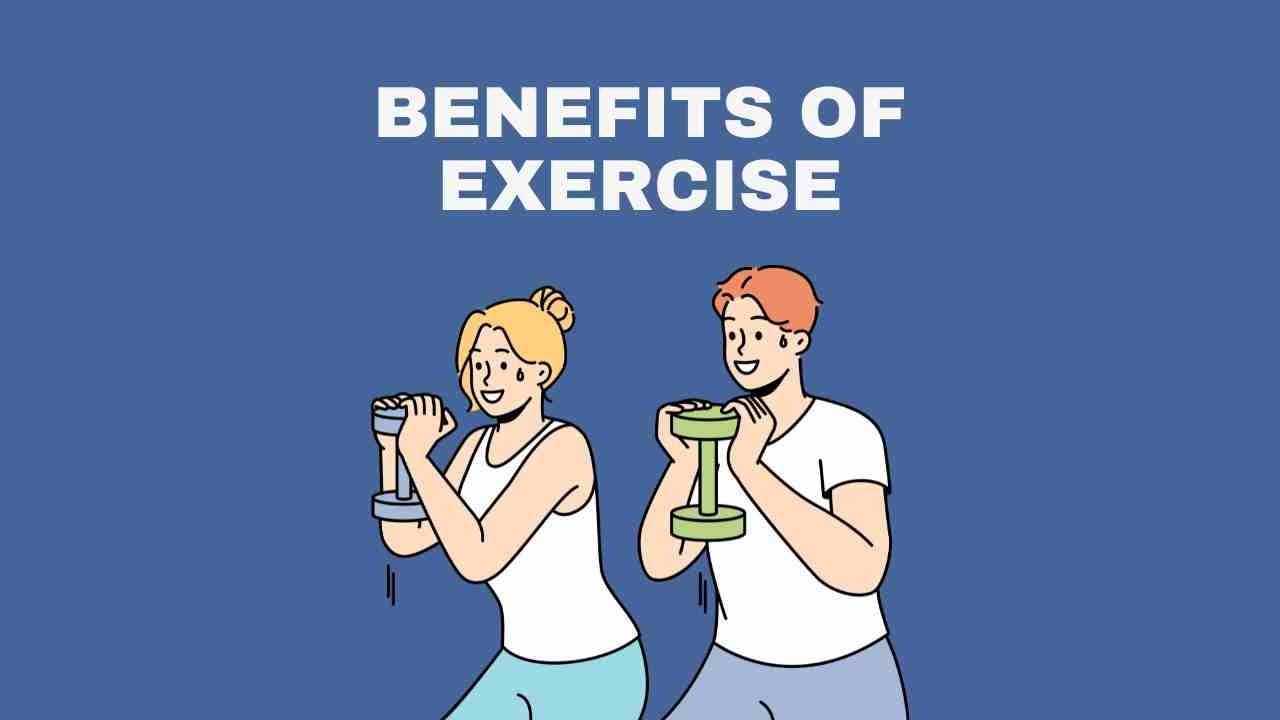The importance of exercise in disease prevention cannot be overstated in today’s fast-paced world, where sedentary lifestyles have become the norm for many. Besides enhancing cardiovascular health, regular physical activity has an undeniable impact on our overall health as well. In maintaining and improving our overall quality of life, exercise plays a crucial role in bolstering our immune system and improving our mental well-being.
Cardiovascular Health: The First Line of Defense
Cardiovascular diseases continue to be a leading cause of mortality worldwide. Engaging in regular exercise is one of the most effective ways to reduce the risk of heart disease. Physical activity promotes cardiovascular health by:
Improving Blood Circulation
Regular exercise strengthens the heart, enabling it to pump blood more efficiently. This leads to improved circulation, ensuring that vital oxygen and nutrients reach all parts of the body.
Lowering Blood Pressure
Hypertension is a major risk factor for heart disease. Exercise helps regulate blood pressure by reducing arterial stiffness and promoting the relaxation of blood vessels.
Managing Cholesterol Levels
Physical activity can raise levels of high-density lipoprotein (HDL) cholesterol, often referred to as “good” cholesterol, while lowering levels of low-density lipoprotein (LDL) cholesterol, the “bad” cholesterol. This balance is crucial for maintaining a healthy heart.
Reducing Inflammation
Chronic inflammation is associated with the development of atherosclerosis and other heart-related issues. Exercise has anti-inflammatory effects, helping to mitigate these risks.
Also check: Nutrition and Disease Prevention
The Role of Exercise in Boosting Immunity
The immune system serves as our body’s defense mechanism against infections and diseases. Regular exercise can enhance immune function in several ways:
Strengthening Immune Cells
Exercise promotes the production of white blood cells, including T cells and antibodies, which play a vital role in fighting off infections.
Improving Lymphatic Flow
The lymphatic system, responsible for removing waste and toxins from the body, benefits from physical activity. Enhanced lymphatic flow contributes to improved immunity.
Reducing Chronic Inflammation
Chronic inflammation can weaken the immune system. Exercise’s anti-inflammatory effects not only benefit the heart but also bolster overall immune function.
Also check: The Power of Hygiene – Preventing Infections Through Cleanliness
Exercise and Mental Well-being
Beyond its physical benefits, exercise is a powerful tool for promoting mental health. It can:
Alleviate Stress
Physical activity stimulates the release of endorphins, which are natural stress relievers. Regular exercise can help reduce anxiety and depression.
Enhance Cognitive Function
Exercise has been shown to improve memory, concentration, and overall cognitive function. It also promotes neuroplasticity, the brain’s ability to adapt and grow.
Boost Self-Esteem
Achieving fitness goals can boost self-esteem and self-confidence, leading to a positive outlook on life.
Incorporating Exercise into Your Routine
Now that we understand the myriad benefits of exercise, it’s essential to find ways to incorporate it into our daily lives:
Set Realistic Goals
Start with achievable fitness goals that match your current fitness level. Gradually increase the intensity and duration of your workouts as you progress.
Find Activities You Enjoy
Exercise doesn’t have to be a chore. Whether it’s dancing, hiking, swimming, or playing a sport, find activities that bring you joy to ensure long-term adherence.
Establish a Routine
Consistency is key. Create a workout schedule that fits your lifestyle and stick to it.
Seek Professional Guidance
If you’re new to exercise or have specific health concerns, consider consulting a fitness professional or healthcare provider for guidance.
In Conclusion
In a world where the prevalence of preventable diseases is on the rise, exercise emerges as a powerful ally in disease prevention. Its impact on cardiovascular health, immunity, and mental well-being is undeniable. By incorporating regular physical activity into our lives, we take a significant step towards a healthier and happier future.









